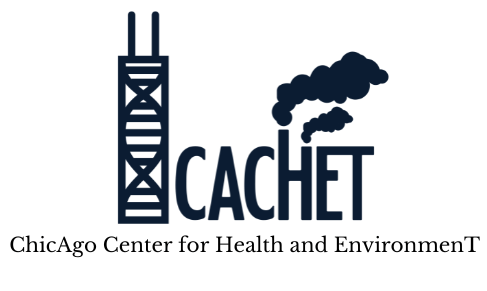Upcoming Seminars & Workshops

To eat or not to eat: Is that the (only) question?
Environmental exposures and multigenerational obesity
Date: May 22 2025
Speaker: Raquel Chamorro-Garcia, PhD University of California-Santa Cruz
Sponsor: Robert Sargis MD, PhD
Please register to attend this event: Virtually


